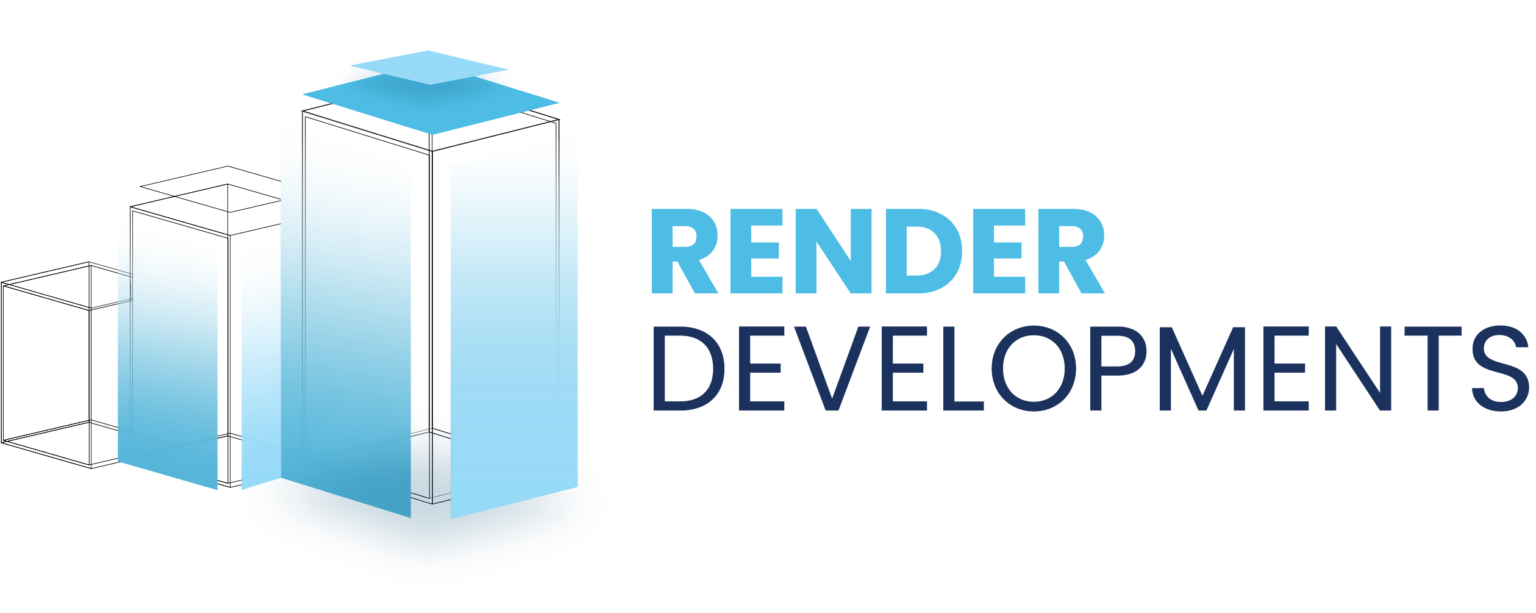What is Web3?
The first iteration of the Internet, known for its primitive message boards and simple,
static websites was referred to as Web1. A second major evolution took place during
Web2, characterized by larger and more sophisticated platforms like Instagram,
Facebook and YouTube.
Now, Web3 seeks to create a decentralized Internet existing on alternative technologies
like blockchain rather than on centralized servers, comprised of more autonomous
organizations with the intention of creating a more democratic Internet.
Web3 and the metaverse are often thought to be the same thing, but they’re two
fundamentally separate concepts. They overlap in the sense that Web3 technology
makes the metaverse, in essence a digital replication of the physical world, possible.
Web3’s impacts on popular culture are already evident. Global brands like Coca-Cola,
Nike, Starbucks and others have integrated the metaverse into their marketing
strategies. Further, experts estimate that by 2025 most virtual meetings will adopt the
use of 3D avatars supported by the metaverse, in favour of the two-dimensional camera
grids currently used.
The metaverse and Web3 technology are expected to become firmly entrenched in
everyday culture in the years to come:
- 110.3 million people are expected to be using virtual or augmented reality
technology in North America in 2025, per eMarketer
- It’s estimated by 2026, 2 billion people worldwide will spend at least one hour
per day in the metaverse in some capacity, according to McCann Worldgroup
- The total market valuation of the metaverse is forecasted to be $678B by the
year 2030, according to Grand View Research. By comparison, the metaverse
was valued at $39B in 2021
Web3 and Real Estate
Both the metaverse and Web3 are still in their infancy, and are continually being
refined. Currently, the metaverse appears most prominently in entertainment sectors.
But because it serves as an alternative means by which to experience the physical world,
its applications to real estate are obvious.
Hotel chains and other properties have begun to provide online virtual accessibility and
unique experiences to remote prospective customers. And beyond the metaverse,
Web3 advancements are revolutionizing the real estate industry by using non-fungible
tokenization (NFT) and blockchain to decentralize access and establish new forms of
capital, while contracts and transactions are completely digitized.
The evolution of the metaverse and Web3 technologies are accelerating at a staggering
pace. With increased improvements in photorealism and virtual reality capabilities,
unprecedented advancements become the new reality.
Render Developments
As a leading-edge provider of virtual architectural visualization, Render Developments
are well-positioned with respect to the advent of Web3 advancements in the real estate
industry. Render skillfully merges physical and digital worlds with cutting-edge three-
dimensional digital technology to provide an immersive experience to prospective
clients all over North America and beyond.
